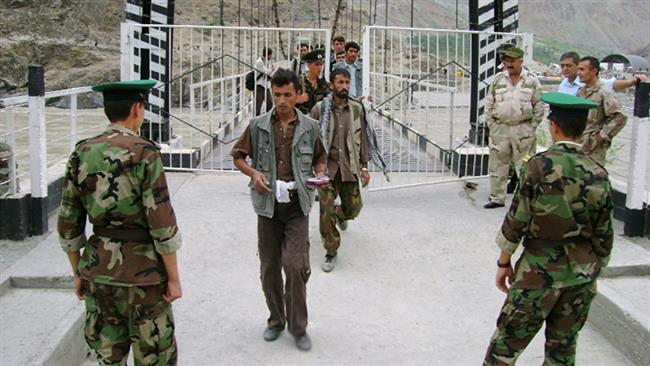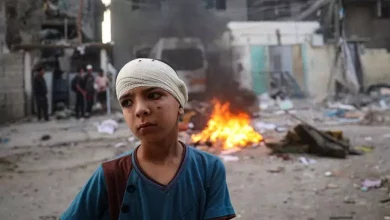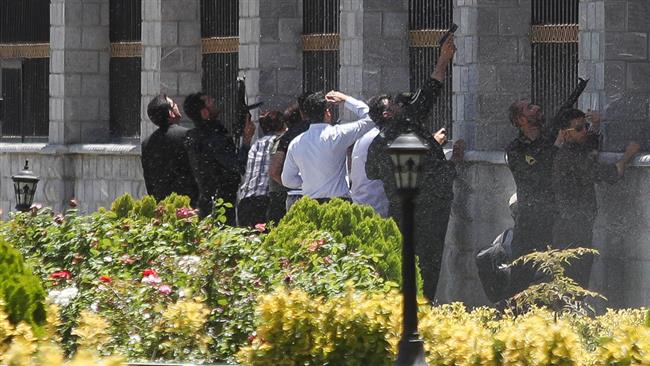Putin unveils deal with Tajikistan to bolster Tajik-Afghan border security


Russia’s President Vladimir Putin has unveiled a deal with neighboring Tajikistan under which the two countries will intensify measures to jointly protect the Tajik-Afghan border using a Russian military base.
Putin announced the agreement on Monday following talks with his Tajik counterpart Emomali Rahmon in Tajikistan’s capital of Dushanbe, Sputnik International reported.
Russian authorities have been complaining about security lapses along the borders with neighboring Tajikistan and Turkmenistan.
“We are concerned over a rapid growth of drug trafficking, transnational crime, and in this regard we agreed to intensify joint actions to protect the Tajik-Afghan border, including using the capabilities of the Russian military base in Tajikistan,” Putin said.
A statement issued by Moscow after the talks also said, “The sides will continue coordination of efforts aimed at neutralizing security threats coming from the southern direction against the Commonwealth of Independent States,” referring to the regional organization of nine member states that used to be part of the former Soviet Union.
The phrase “security threats” apparently refers to the dangers posed by the Taliban and Daesh terrorist groups, both of which are active in Afghanistan, although to varying degrees.
According to the statement, Putin and Rahmon further agreed that Russia’s major military base in Tajikistan, known as 201, would continue to play a key role in helping ensure security in the region.
The base, the report said, “houses the largest ground force of the Russian Armed Forces outside the country.”
There were no details on how exactly the base would be used for security purposes along the border.
The two heads of state also highlighted the need for continued military and technical collaboration to deal with challenges posed to regional security by terrorist groups in Afghanistan.
In 2016, Tajik President Rahmon and his Afghan counterpart Mohammad Ashraf Ghani agreed on the need to intensify security along their shared border.




